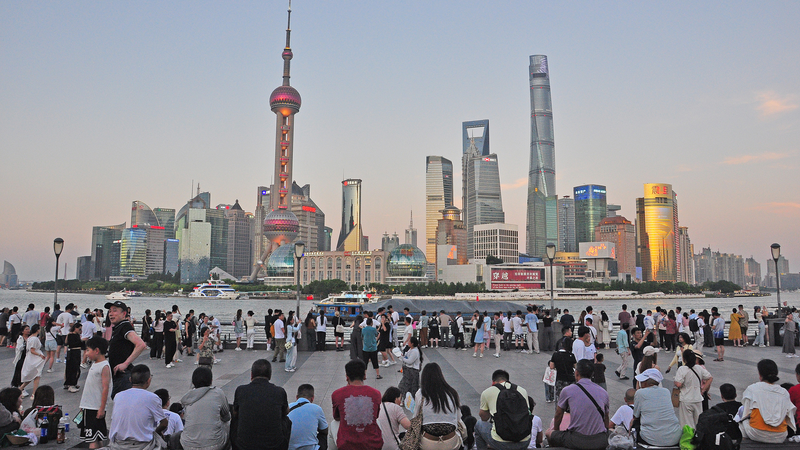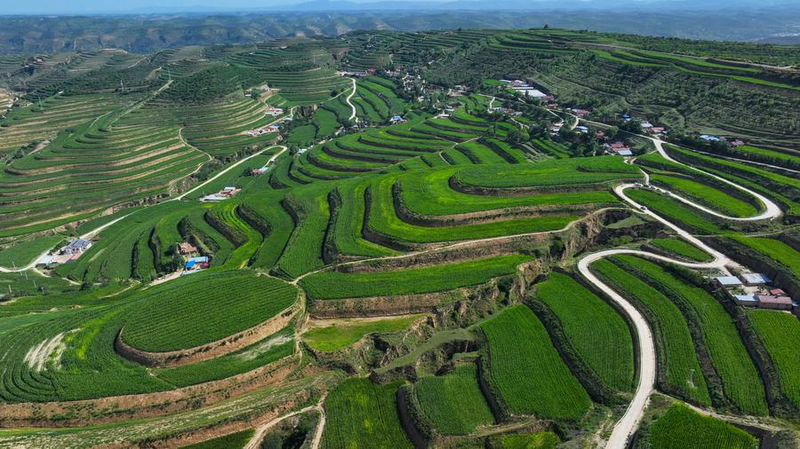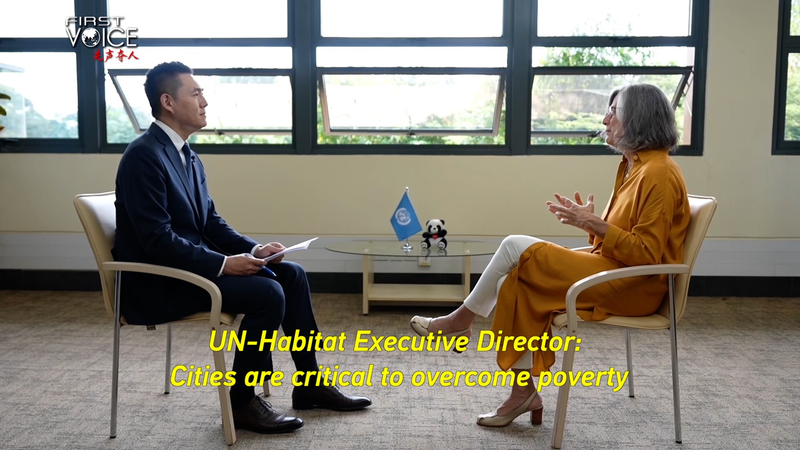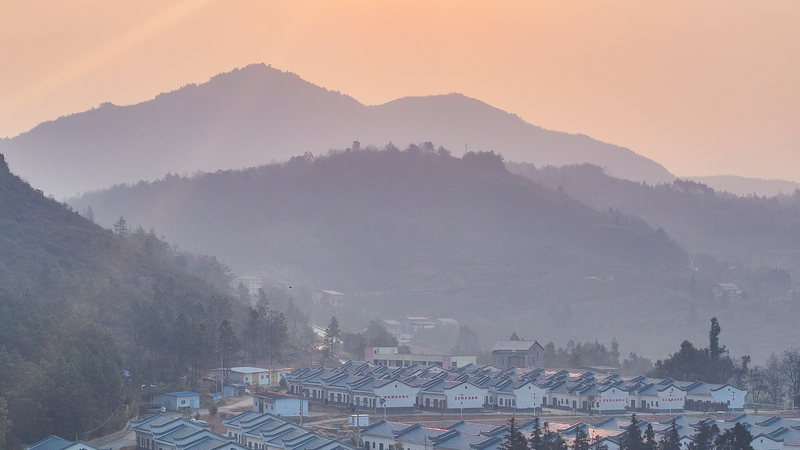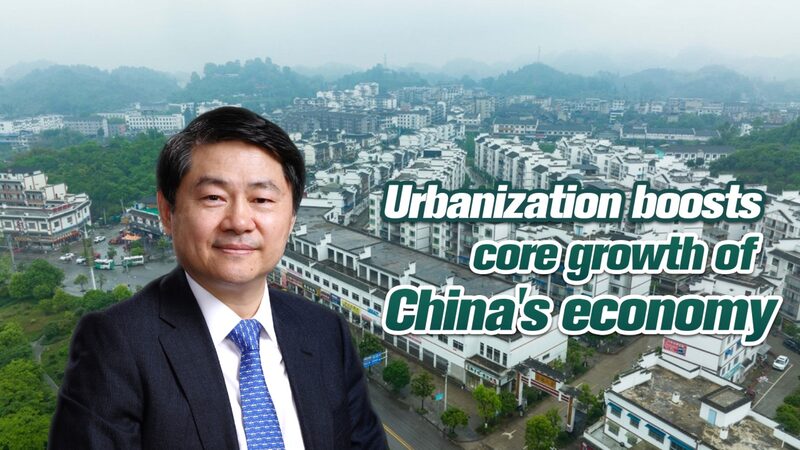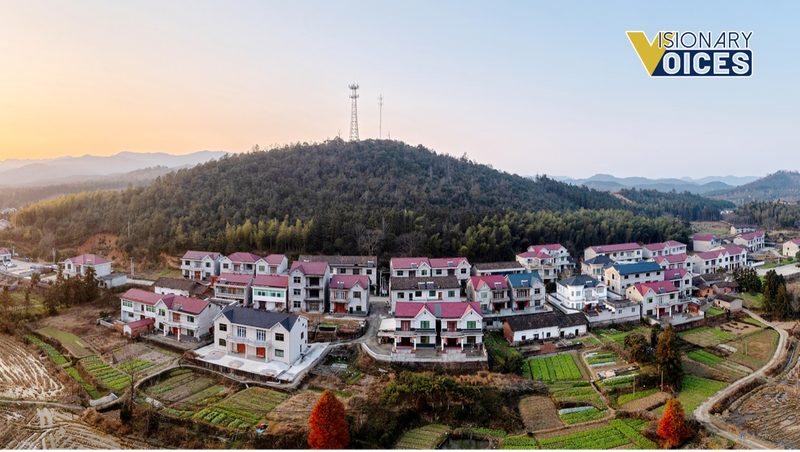China’s urbanization story is rewriting the rules of modern development—and it’s all about putting people first. 🌍 With over 940 million urban residents today (up from just 40 million in 1949!), the country’s cities now contribute 60% of its GDP while lifting millions out of poverty. But how did this happen? Let’s break it down. 🏙️
From Villages to Vibrant Cities
Imagine moving from a rural farm to a high-rise apartment—that’s the reality for 150 million+ rural migrants who’ve gained access to urban jobs, schools, and healthcare since 2014. Unlike urbanization models elsewhere, China’s approach focuses on inclusion, ensuring migrants aren’t left behind. 📈
Balancing Growth Across Regions
Forget coastal megacities stealing the spotlight! 🌆 Regions like the Xizang Autonomous Region and Guizhou Province saw double-digit urbanization growth in the last decade. By promoting local job markets and services, China’s reducing the need for mass migration while boosting smaller cities and towns. 🏡
"Cities Built for the People"
President Xi Jinping’s mantra isn’t just a slogan—it’s policy. 🛠️ The 2025 action plan prioritizes public services for all residents, including 250 million migrants still lacking full benefits. Cities with under 3 million people have already scrapped residency barriers, making urban life more accessible. 🚀
From green spaces to affordable housing, China’s urban vision proves that sustainable growth and social equity can go hand-in-hand. 🌱 What’s next? A future where cities aren’t just skylines, but communities where everyone thrives. 💬
Reference(s):
People-centered urbanization towards sustainable and inclusive future
cgtn.com
